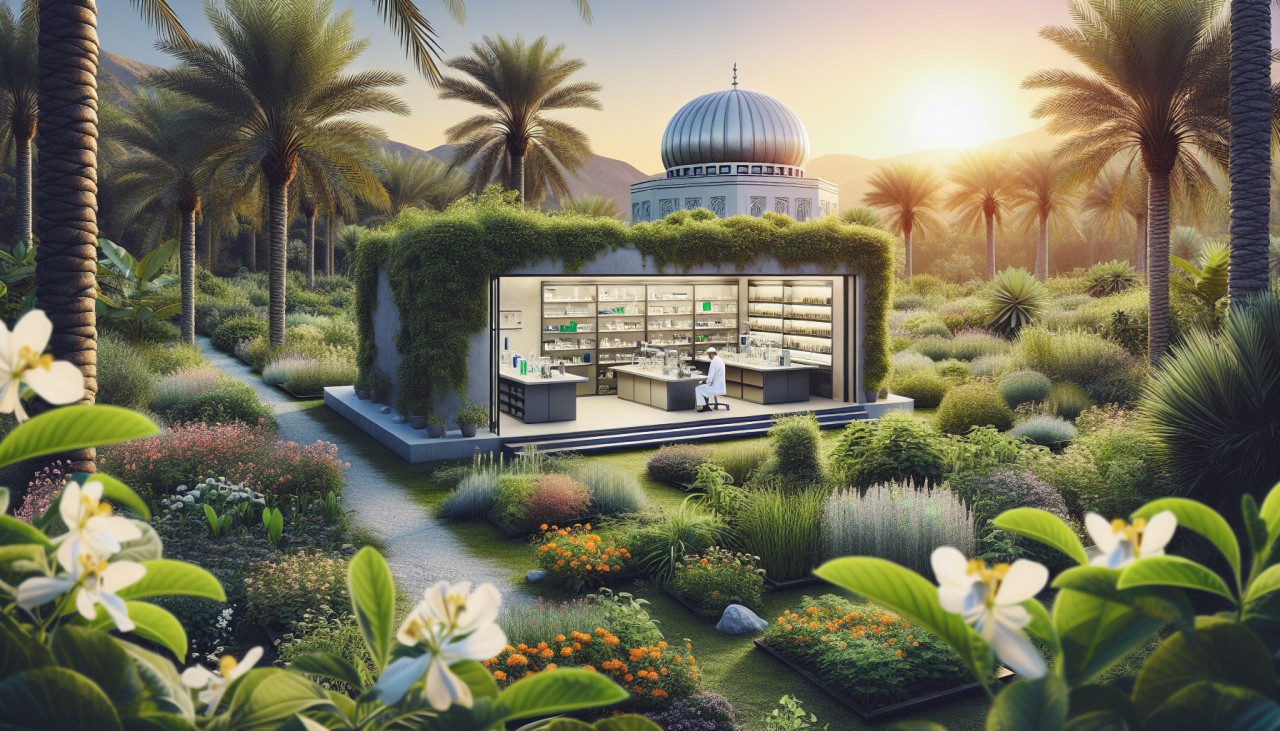Traditional Arabic Medicine (TAM) is experiencing a resurgence, blending ancient practices with modern scientific validation to offer holistic health solutions. Rooted in the rich tapestry of Arabic culture, TAM encompasses a diverse range of healing practices, including herbal remedies, dietary guidelines, spiritual therapies, and manual techniques. Recent studies have provided empirical support for these practices, confirming their relevance and effectiveness in contemporary healthcare. For instance, a study conducted in Qatar validated a conceptual model of TAM, highlighting the integration of herbal medicines, spiritual healing, and dietary practices in the treatment and prevention of illnesses. pubmed.ncbi.nlm.nih.gov
The revival of TAM is not merely a nostalgic return to the past but a dynamic fusion of tradition and innovation. Modern research is increasingly recognizing the value of TAM, leading to its integration into contemporary medical practices. This integration is evident in the development of clinical decision support systems tailored for Unani Medicine practitioners, which utilize artificial intelligence to assist in diagnostics and treatment planning. arxiv.org Such advancements underscore the potential of TAM to contribute meaningfully to global health, offering personalized and culturally resonant healthcare solutions.
Key Takeaways
- TAM combines herbal remedies, dietary practices, and spiritual therapies.
- Studies validate the effectiveness of TAM in modern healthcare.
- Integration of TAM with modern technology enhances its applicability.
- Clinical decision support systems are being developed for Unani Medicine.
- TAM offers personalized and culturally relevant healthcare solutions.
Example
To incorporate elements of Traditional Arabic Medicine into your daily routine, consider integrating herbal teas known for their health benefits, such as chamomile for relaxation or mint for digestion. Additionally, adopting dietary practices that emphasize balance and moderation can align with TAM principles. For those interested in a more structured approach, exploring mobile applications that provide guidance on TAM practices can be beneficial. These tools often offer information on herbal remedies, dietary suggestions, and mindfulness techniques rooted in TAM, enabling users to personalize their health and wellness journey.
